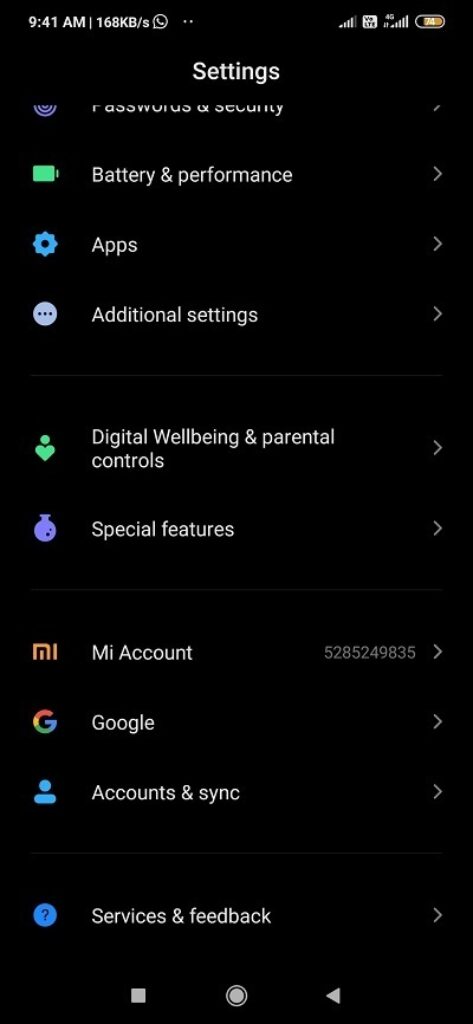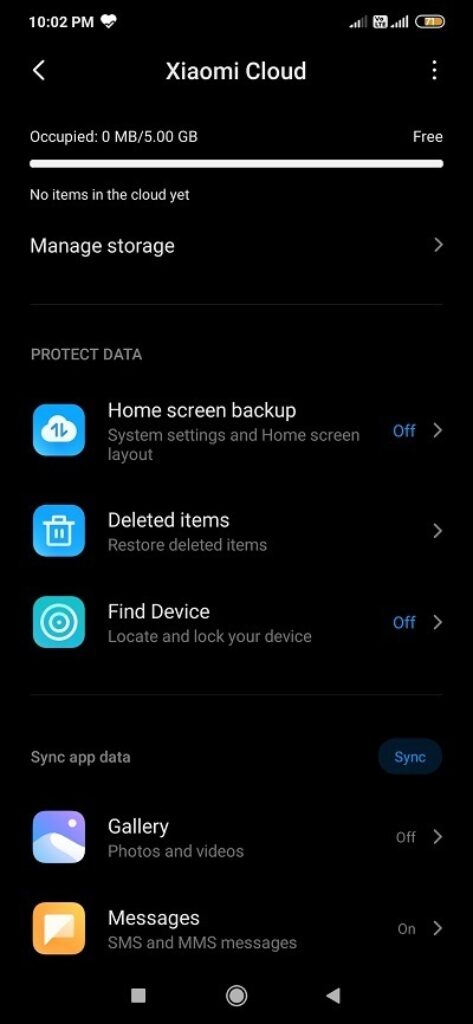How to Safeguard Your Personal Data from Chinese Smartphones

Exploring the Impact of the Ban on Chinese Apps
India’s decision to ban 59 Chinese apps was a monumental move aimed at protecting national security and data privacy.
These apps, once widely used by millions, were suddenly removed from Android and Apple app stores.
The ban was imposed due to concerns that these applications compromised personal data and posed a potential threat to India’s sovereignty.
When users granted app permissions, they unknowingly allowed these apps to access sensitive data, making smartphones vulnerable to cyber threats.
The government prioritized safeguarding user data and defending the nation’s digital sovereignty.
National Security Concerns Drive the Ban
Data privacy became a critical concern with the rising use of apps like TikTok, WeChat, and UC Browser. These platforms collected vast amounts of user data, which could be exploited by foreign entities.
India’s government took this action to prevent the unauthorized access and misuse of sensitive information. With increasing cyber threats globally, protecting both individual privacy and national security became essential.
This ban was not just a precaution but a necessary step to counter potential data breaches that could compromise the integrity of the nation.
Read More: Discover how to choose the Best Video Editing Software for PC
Implications of the Chinese App Ban
The immediate impact was the loss of access to widely used apps, compelling users to seek safer alternatives.
However, the move also raised awareness about data privacy and the importance of securing personal information.
Many users began questioning the app permissions they granted and started exploring local and safer options.
Additionally, the ban ignited conversations about digital sovereignty, prompting other countries to reassess their approach to foreign apps.
Governments worldwide now recognize the importance of stringent data protection mechanisms to safeguard their citizens’ digital interactions.
Beyond App Bans: Addressing Smartphone Security Risks
Banning apps alone isn’t enough to protect user data, especially when many smartphones are manufactured by Chinese brands like Redmi, Oppo, Vivo, and Gionee.
These devices often come with pre-installed apps and default settings that can expose users to security risks.
Users must take proactive measures to secure their smartphones by adjusting settings, managing app permissions, and utilizing additional security tools.
Identifying Potential Vulnerabilities in Chinese Smartphones
Chinese smartphones frequently come with pre-installed apps that grant extensive permissions to access personal data.
These apps can leak sensitive information like contacts, messages, and location data. To mitigate this risk, users should disable or uninstall unnecessary pre-installed apps.
Regularly reviewing and managing app permissions is essential to prevent unauthorized access and safeguard sensitive information.
Steps to Improve Smartphone Security
1. Adjust Privacy Settings and App Permissions
Reviewing and limiting app permissions is crucial for safeguarding personal data. Many apps request permissions that go beyond their core functionality.
By managing these permissions, you reduce the risk of data breaches. Additionally, keeping the operating system and all applications updated ensures that security patches address vulnerabilities.
2. Use Security Software and VPNs
Installing reputable antivirus and anti-malware software enhances security by detecting and neutralizing threats before they compromise your data.
A VPN (Virtual Private Network) encrypts your internet traffic, making it difficult for unauthorized parties to intercept sensitive information.
This added layer of security is essential, especially when using public Wi-Fi networks.
3. Stay Vigilant on Public Networks
Public Wi-Fi networks are prone to cyber threats. Avoid accessing sensitive information when connected to unsecured networks. Use mobile data or a secure, private connection for safer browsing.
4. Monitor Unusual Device Behavior
Be alert to any unusual activity on your device. Signs such as sudden battery drain, unexpected data usage, or unfamiliar apps can indicate potential security breaches. Taking immediate action can prevent further compromise.
Key Settings to Protect Your Data Privacy on Chinese Smartphones

1. Disable Mi Cloud Backup to Prevent Data Leaks
To disable Mi Cloud Backup on Redmi Note 7 Pro:
- Go to Settings and tap Mi Account.
- Select Xiaomi Cloud and review the backup options.
- Turn off backups for contacts, messages, and photos by toggling the switches.
2. Disable Location Services to Enhance Privacy
To disable location services:
Disable location services to stop continuous data transmission.
Open Settings and select Additional Settings.
Tap Privacy and then Location.

3. Review and Modify App Permissions
To manage app permissions:
- Navigate to Settings and select Apps.
- Tap on Permissions and review each app’s permissions.
- Revoke unnecessary permissions that may expose sensitive data.
4. Turn Off Data Synchronization for Added Privacy
To disable auto-sync:
Turn off the Auto-sync option to prevent background data synchronization.
Go to Settings and tap Accounts.
5. Update Firmware to Address Security Vulnerabilities
To update your device:
- Open Settings and tap About Phone.
- Select System Update and install any available updates.
Essential Steps to Secure Chinese Smartphones
| Action | Description |
|---|---|
| Disable Mi Cloud Backup | Prevents automatic data backups to Xiaomi’s servers. |
| Turn Off Location Services | Stops continuous sharing of geographical information. |
| Manage App Permissions | Limits unnecessary access to sensitive information. |
| Disable Auto-Sync | Prevents background data syncing without permission. |
| Update Firmware | Installs security patches to fix vulnerabilities. |
Additional Measures for Comprehensive Security
Beyond adjusting smartphone settings, extra security measures are necessary to safeguard personal data.
Using a VPN encrypts internet traffic, making it harder for cybercriminals to access sensitive information.
Installing trusted security software ensures that malware and other threats are detected and neutralized before compromising your data.
Regularly updating your device’s firmware and staying informed about the latest security threats adds another layer of protection.
FAQs About Chinese App Ban and Smartphone Security
1. Why did India ban Chinese apps?
India banned Chinese apps to protect national security and prevent data breaches caused by unauthorized access to sensitive information.
2. How can I secure my Chinese smartphone?
To secure your device, disable Mi Cloud Backup, manage app permissions, and keep your firmware updated.
3. Are all Chinese smartphones vulnerable to data breaches?
While not all devices pose the same risk, pre-installed apps and default settings on many Chinese smartphones can compromise data privacy.
4. Can VPNs protect my data on Chinese smartphones?
Yes, VPNs encrypt internet traffic, making it difficult for unauthorized parties to monitor your online activity.
5. How often should I review app permissions?
It’s advisable to review app permissions regularly, especially after installing new apps or updating existing ones.
Stay Secure in a Digitally Connected World
While banning Chinese apps mitigates some risks, securing your smartphone demands proactive measures.
By adjusting settings, using VPNs, and staying vigilant, you can protect your personal information from potential threats.
Embrace these practices and safeguard your digital privacy in an ever-evolving technological landscape.


